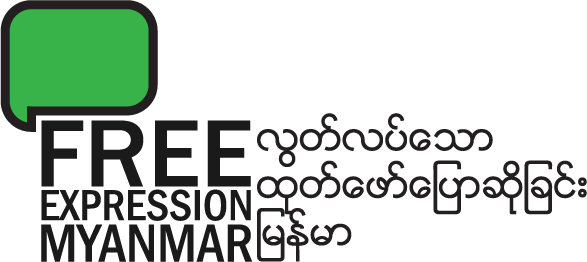Printing and Publishing Law
The Printing and Publishing Law is a licensing law for the print media. Democracies do not licence the print media because licences are easily abused by governments. Printers and publishers are ordinary businesses and should be regulated under ordinary business laws. There is also no need for the Printing and Publishing Law to duplicate general laws such as the Penal Code which already covers incitement and defamation.
Summary of recommendations
The Printing and Publishing Law and its licensing of the media is not compatible with democracy and should be repealed.
International standards
The objective to support printers and publishers is good but the law does not do this. International standards recommend ending import taxes on paper, ink and equipment, stopping monopolies, and making clear and fair rules for getting government advertising. The majority of the law focuses on regulating and licensing who can publish or print, which are unacceptable under international standards. The objective that printers and publishers follow other unspecified laws is both vague and worthless as those laws can already be enforced.
Recommendations
- Amend Article 3 by including an objective of guaranteeing freedom of expression and removing reference to ethical practices and unspecified laws.
- Amend the rest of the law to give real support for printers and publishers.
International standards
International standards say that any regulation of the media or freedom of expression must be necessary in a democracy. Licensing of printers and publishers is unnecessary and can be abused by the government to stop or dissuade criticism from the media. It is particularly unnecessary to license printers as it is not their role to decide what content is legal. Articles 4-7 are vague and the government can easily reject applications or end licences without any real reason. International standards also say that any media regulator must be independent from the government, but Articles 4-7 say the Ministry of Information manages licensing.
Recommendations
Repeal Articles 4-7 and end all licensing of the media.
International standards
Anybody can create obscene content, instigate criminal acts, incite violence or undermine national security, which is why the Penal Code already includes articles on these issues. International standards say duplicating these rules only for printers and publishers is confusing, unnecessary and would likely be used by the government to punish the media for criticising them. Articles 8-10 are also too broad and vague and could be easily abused by government. A likely result will be publishers and printers self-censoring because they are worried about losing their licences.
Recommendations
- Repeal Articles 8-9 and refer any cases to the relevant articles in the Penal Code.
- Amend Article 10 so that it is clear that banning a publication can only be done when there is a threat of serious and irreversible harm.
International standards
It is not clear what the purpose of Article 11 is. International standards say that any regulation of the media must serve a legitimate purpose otherwise it undermines media freedom. Asking printers to send a copy of everything they produce and give the Ministry a breakdown of imports and exports is very unusual in a democracy and seems to be an attempt to control publishers or printers. It is also very expensive for the printer and for the officials that have to administer it.
Recommendations
Repeal Article 11.
International standards
Anybody can create obscene content, instigate criminal acts, incite violence or undermine national security, which is why the Penal Code already includes articles on these issues. International standards say duplicating these rules only for printers and publishers online is confusing, unnecessary and would likely be used by the government to punish the media for criticising them.
Recommendations
Repeal articles 12-14.
မကြာမှီလာမည်!
Updates
No related posts.
